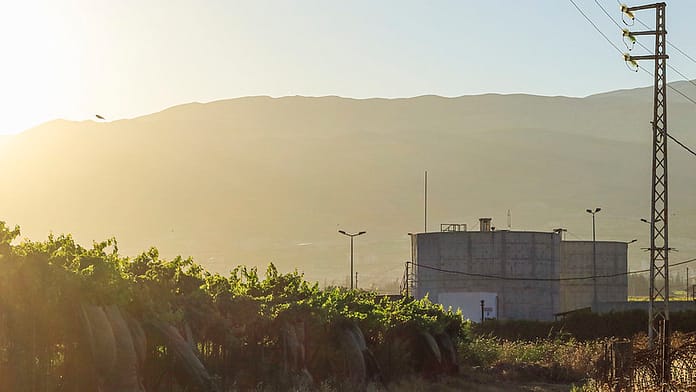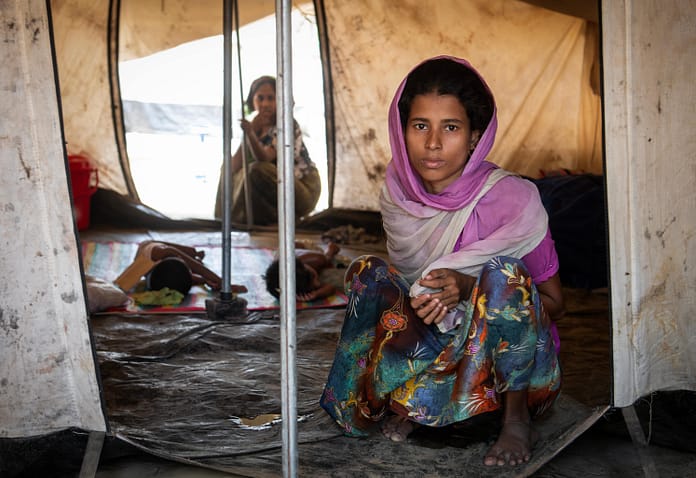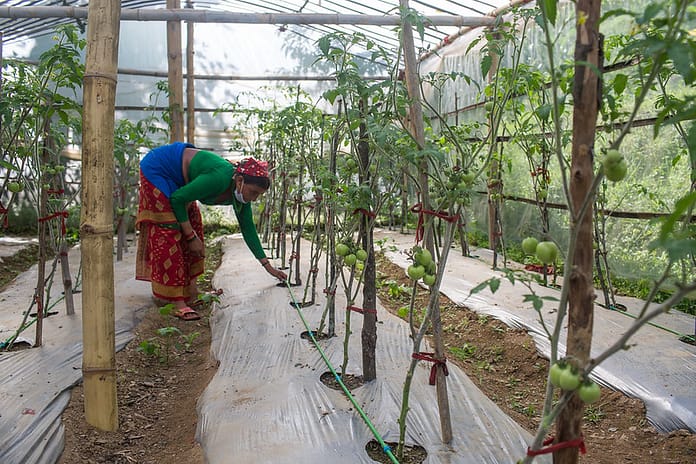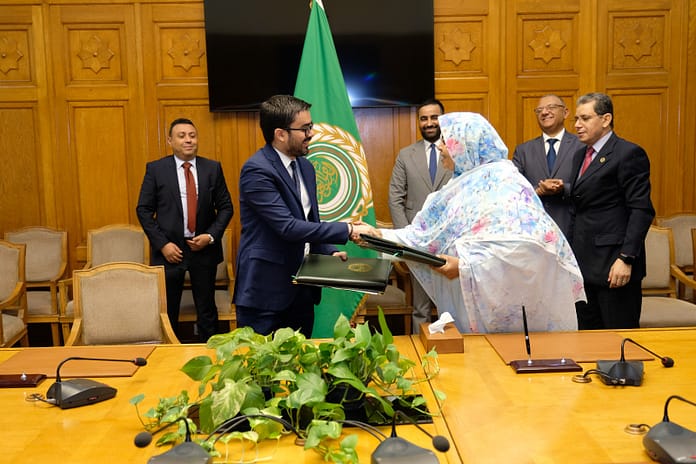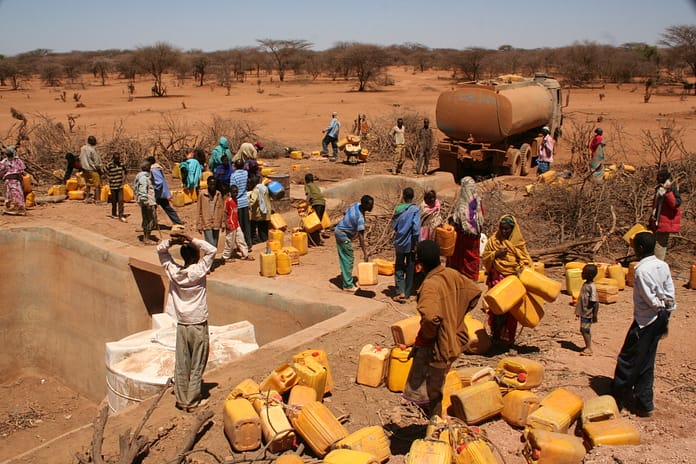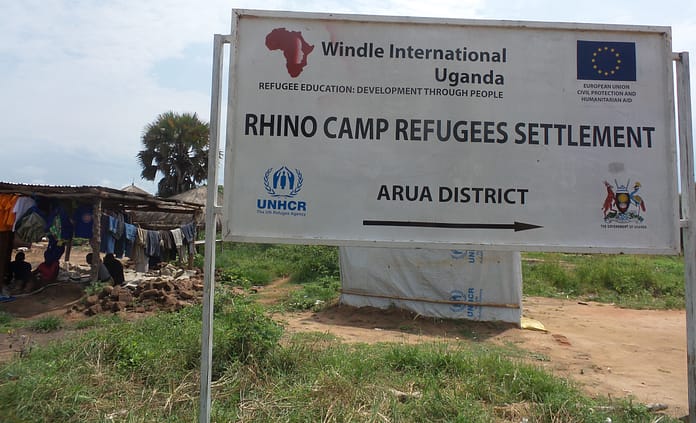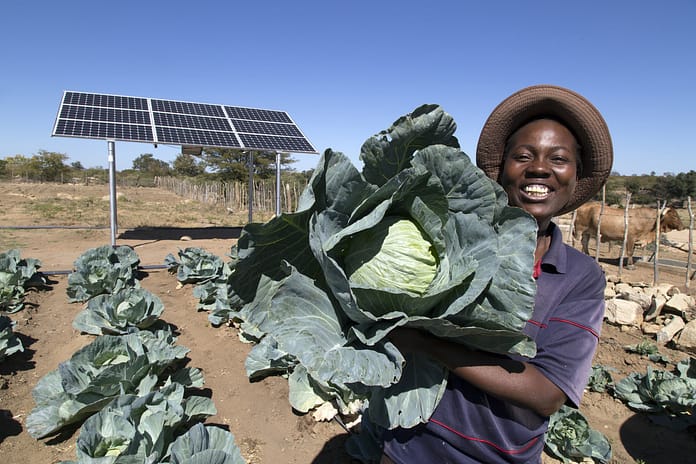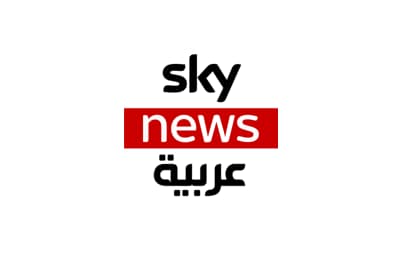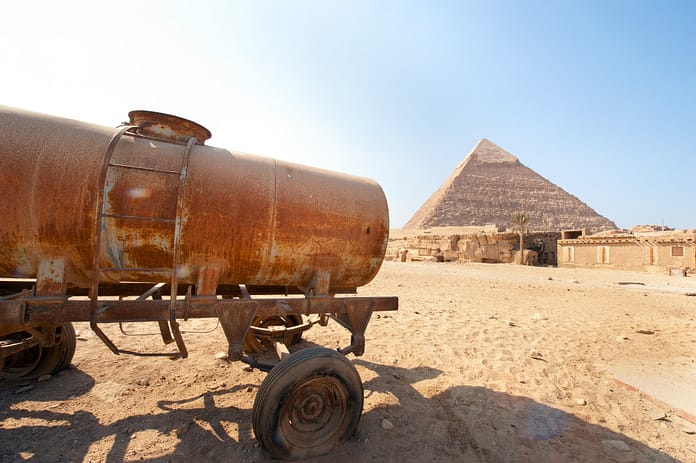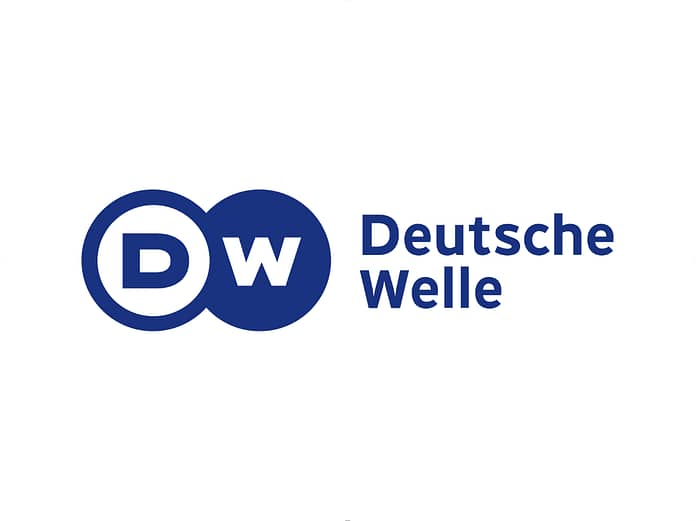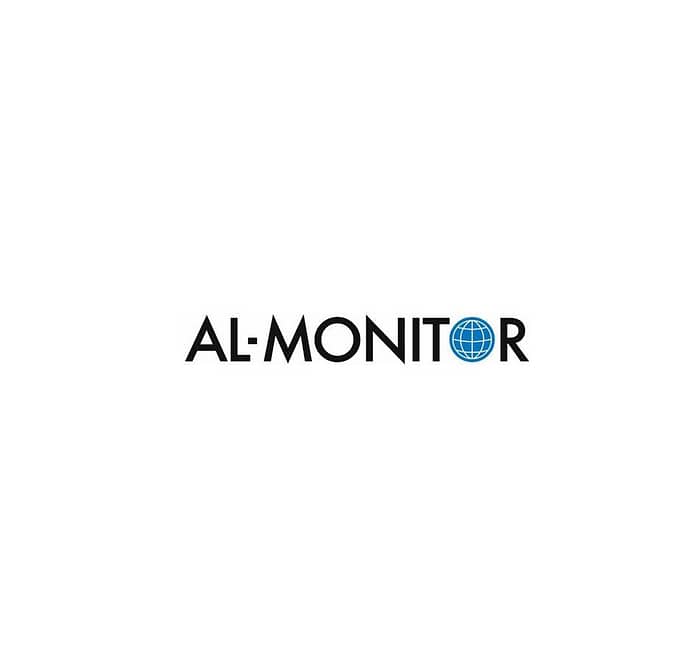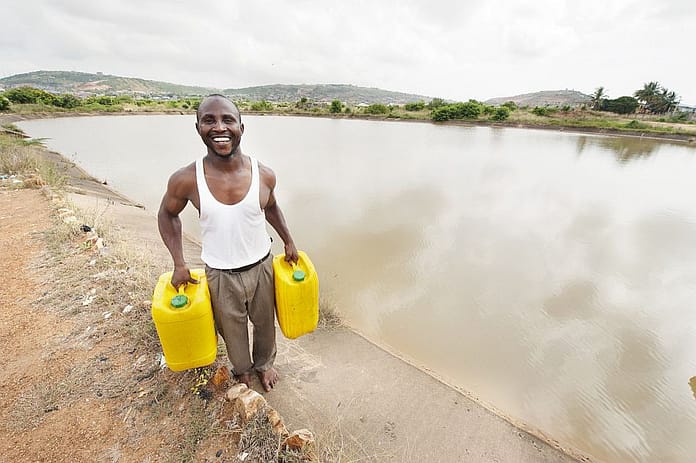Realizing the huge potential to bolster water security in the Middle East and North Africa
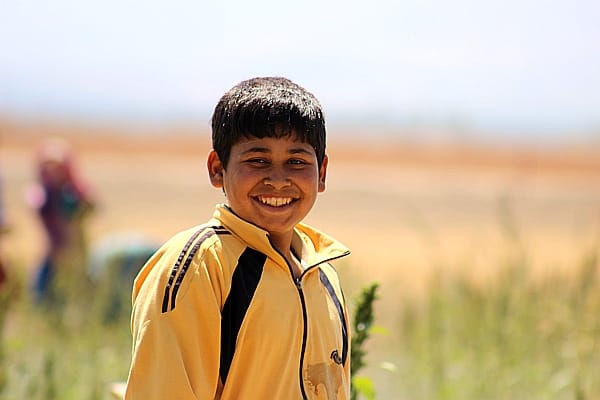
An opinion article in the Water Blog of the World Bank highlights two major opportunities for bolstering water security, which the International Water Management Institute (IWMI) is actively pursuing through collaborative research in the Middle East and North Africa (MENA). One involves the “rapid roll out of solar-powered irrigation in some countries,” which shows much promise for achieving “the triple aim of strengthening water, energy and food security” but may also give rise to environmental and other perils.
The other option centers on “wastewater, 82% of which is not being recycled in the region,” representing “a major threat to human and environmental health but also an “opportunity to better satisfy water demand.”
Contributed by IWMI director general Claudia Sadoff with the World Bank’s Anders Jagerskog as co-author, the article underlines the importance of building momentum behind these and other solutions, as “armed conflict and massive numbers of refugees” place “additional stress on land and water resources in MENA.” This will be the main message of IWMI researchers taking part in next week’s Fourth Arab Water Forum in Cairo, Egypt.
Following is an excerpt from the article, which is also available in Arabic:
The Middle East and North Africa (MENA) has become a hotspot of unsustainable water use, with more than half of current water withdrawals in some countries exceeding the amount naturally available. This could have serious long-term consequences for the region’s growth and stability. Solutions for narrowing the gap between the supply of and demand for water are an urgent priority.
As the Fourth Arab Water Forum gets underway next week in Cairo, Egypt, much is at stake in the region’s water management. Armed conflict and massive numbers of refugees have put tremendous additional stress on land and water resources in MENA as well as on infrastructure in communities receiving the refugees. In Jordan alone, according to the country’s Ministry of Water and Irrigation, climate change and the refugee crisis have reduced water availability per person to 140 cubic meters, far below the globally recognized threshold of 500 cubic meters for severe water scarcity.
These recent developments compound the impact of decades of rapid population growth, urbanization and agricultural intensification. A recent World Bank report notes that more than 60% of the region’s population is concentrated in places affected by high or very high surface water stress, compared to a global average of about 35%. The report further warns that climate-related water scarcity is expected to cause economic losses estimated at 6-14% of GDP by 2050 – the highest in the world.
As governments search for solutions, two trends in particular could present game-changing opportunities to bolster water security. As captured in two recent reports by the International Water Management Institute (IWMI), the viability of these solutions will depend on how governments and societies respond to them.


